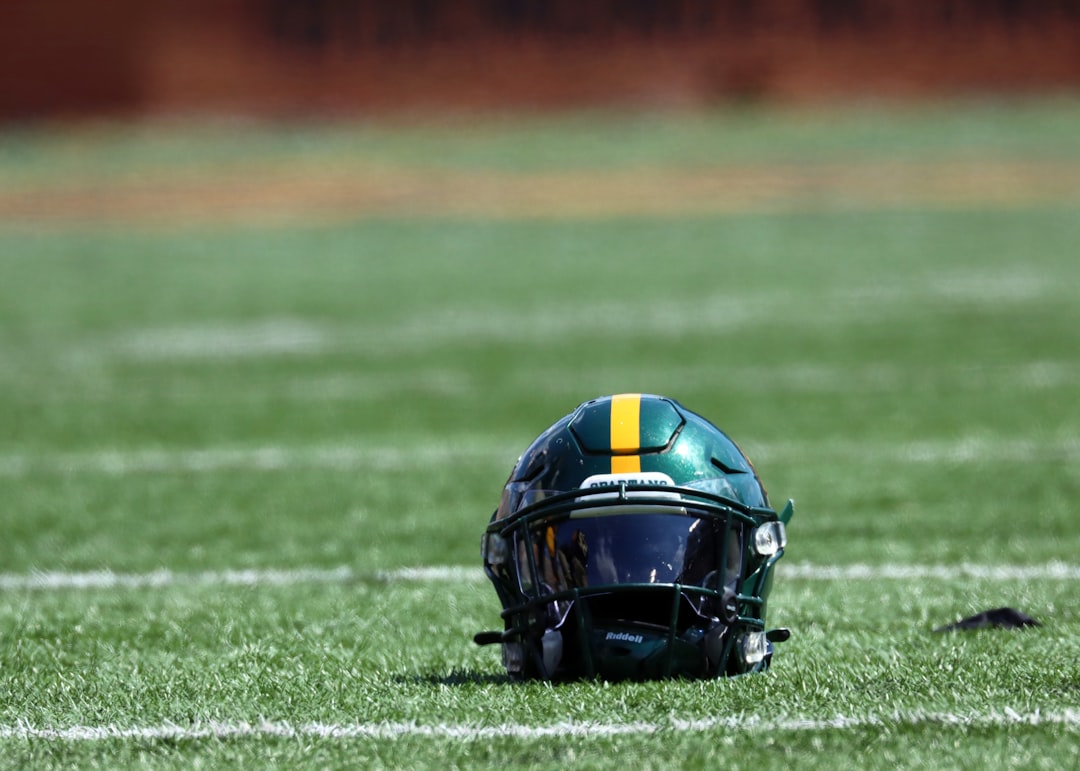Building Strong Mental Health in Our Youth Starts with A Strong Identity Beyond Sport and Achieving Balance.
The story of 2 struggling student athletes reminds us of the importance to proactively build mental strength and resilience.
2 student athletes recently made news in the sports world recently, announcing their retirement early from Division 1 college football program at UCLA.
First, Thomas Cole, a football athlete announced his retirement in his 2nd year, citing mental health issues and a suicide attempt in early 2022.
“After many months of thorough consideration, I have come to the conclusion that football is not conducive for my mental health, and there is more to my life than the game of football.”
Second, Martell Irby announced his departure from the sport prior to his eligibility expiring, also citing mental health challenges.

From the above article:
In a video social media post, Irby detailed the mental health concerns he had been facing as of late, culminating in a story of him leaving his phone, computer, keys and camera behind to venture around Los Angeles without a destination. UCLA's coaching staff attempted to call him earlier in the day when he didn't show up to practice, but he said he decided not to answer and that his condition only escalated further when the staff called his mom to try and get in touch with him through her. After making it home to his apartment several hours later, Irby went to the airport the next morning and flew home to reconnect with his family. Irby said that was where he recognized he had people in his circle who truly cared about him, and he spoke at length about the importance of being open with the people closest to him during the toughest of times. Irby decided not long after his trip home that he would be retiring from football.
These 2 examples are not isolated cases, just high profile ones. Elite sport has a long history of athletes leaving at a young age. Famously Jim Brown, Barry Sanders, Oliver Luck from the football world to name a few.
Were those caused by physical wear and tear, or a culmination of years of 100% focus on one thing and the toll that takes mentally? In years gone by the cumulative effect of the mental grind was not documented as much. It is being documented today and is occurring at younger and younger ages.
Youth sport participation has a massive drop off at 13 years old. Some reasons according to the kids themselves: Too much pressure to win, poor coaching, being forced to “choose” and specialize in a single sport at too early of an age, too expensive for parents, team/club politics etc

No one is having fun!
Up to 70% of youth drop out of sports prior to high school, and 62% of young girls don’t play sport at all.
In January 2021, The Physical Movement documented what can be done at the youth sport level in anticipating and supporting strong mental health.
The article cited examples and connected with friend Ben Fanelli of Heroic Minds to help us with solutions.
While there are multiple strategies to build resilience and positive mental health, we will focus on 2, and implore they be part of the youth sport experience from a young age.
1. Building an identify beyond sport.
When the identity of our young athlete is tied heavily sport performance (making the team, scoring goals, winning etc.), issues often arise when things don’t go as planned. We saw this in the pandemic, when so much was taken away.
Which ties into part 2 of the solution equation:
2. Achieving balance.
From the arts to academics and beyond. According to Fanelli: in nurturing other parts of your life, you are also building up capacity to excel on the playing field. In short, building up resources to meet performance demands as they come.
This allows competitive situations being perceived as opportunities as opposed to stressors where everything could tighten up.
This topic requires action in a pre-emptive way, as opposed to “allocating” resources once mental health issues appear. An analogy would be similar to experiencing dehydration: when we feel thirsty means it has set in.
Strategies to strong mental health start proactively.
Water for the body, identity beyond sport and balance for mental health strength and resilience.
Some additional resources from Ben at Heroic Minds:



